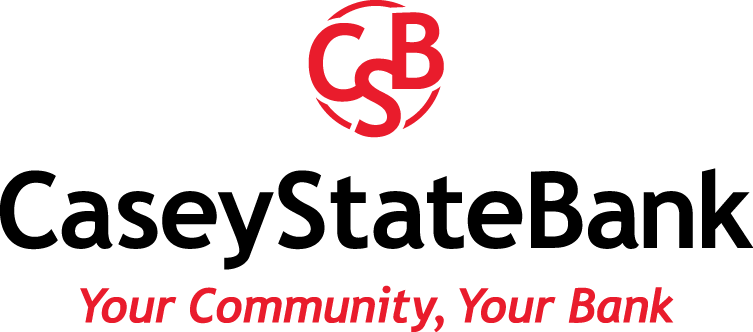Casey State Bank
Blog
Navigating Tendencies to Overshare Information
Connecting with family and friends online is a big part of our culture today. From work to personal life, people connect on the internet by using social networking sites. These sites are in high demand, with almost 300 million social media users in the US alone. Social media makes it easy to share information about life with “friends,” but the problem is that regardless of privacy settings, people are out there looking for information to use in unfriendly ways. This blog post is an extension of the Casey State Bank educational video on Information Oversharing. We discuss the points from the video, dive deeper into the topic, and share some tips about protecting yourself from information oversharing.
What is information oversharing?
Information oversharing is the act of sharing excessive personal information online. Social media and other platforms make it easy to impulsively share information such as location, plans, workplace, extracurricular activities, and other personal details about daily habits and routines. Oversharing personal information puts you at risk of identity theft, cyberstalking, various forms of online fraud, and home or vehicle burglaries.
A social engineer collects information about potential targets by searching for public information and connecting with targets using social media, email, texting, or other methods. When people overshare information online, it makes a social engineer’s job much easier because they can access personal information without asking. Oversharing also provides social engineers with the information they need to gain trust with potential targets.
Lure of Social Media Oversharing
Social media satisfies a desire for connection and validation. The danger of social media is that it often leads to oversharing. Psychological factors, including the need for approval and a sense of belonging, add to a natural tendency to overshare. Social media gives users an illusion of connection and safety. Online platforms are often considered a way to preserve memories and share updates with family and friends. However, what is posted online may be accessible to those outside our trusted circles regardless of privacy settings.
Other Types of Oversharing
Oversharing extends beyond social media and digital communication. We often unconsciously share information by broadcasting our interests, hobbies, workplaces, and even our children’s school information out into the world through car decals, personalized license plates, or other forms of promotion. Innocent displays like this can reveal information and give a window into when you may be away from home. In addition to indicating where you spend your time, your hobbies can often reveal if you have expensive equipment stored in your vehicles or homes.Risks Associated with Oversharing
Posting personal information makes it easier for criminals to gather information about you. Some examples of these risks include:
- Posting pictures as you prepare for a trip or in real-time during a trip can alert criminals that you are out of town, and your home may be empty.
- Sharing pictures of your home, especially the interior of your home, can reveal valuable items like jewelry, electronics, art, or other items criminals may consider stealing.
- Your life information can help criminals guess your passwords or security questions.
- Revealing your occupation, especially if it is a profession that requires frequent travel, can put your home or family at risk.
Strategies for Protecting Yourself
- Social Media: Be careful about what you post. Regardless of security restrictions, it is vital to assume that anyone can access your posts.
- Self-promotion online or offline: Be cautious about what you share because you never know when you will cross paths with the wrong person.
Casey State Bank
Awareness is crucial when it comes to information oversharing and associated risks that can impact your life online and offline. At Casey State Bank, we recognize the importance of online safety. We have created an online learning center full of financial education and resources to help you learn more about this issue and many more. Check out the Casey State Bank Learning Center for engaging videos about SAFE Security topics.



